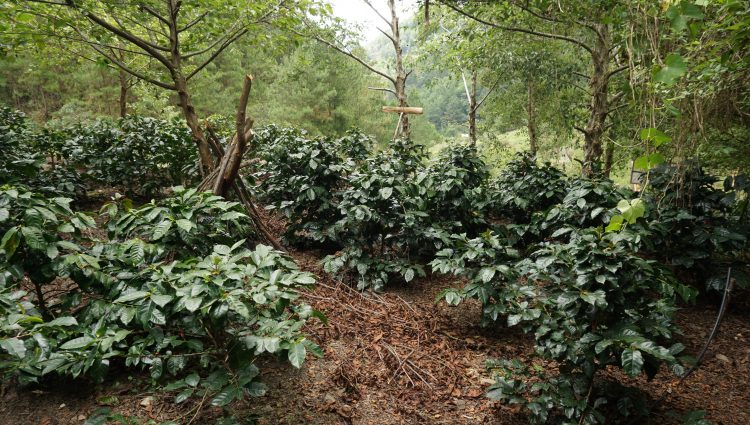If there’s a farm that showcases how environmental sustainability, cultural preservation, and community-based development intertwine, that would be Ola Farm.
It was during the Holy Week when I and my best friend Ricky went to Sagada to visit Ola Farms and buy coffee seedlings. That time, we were also planning to start a sustainable coffee farm in our home municipality of Barlig.
Both of us visited the farm previously but this time, we wanted to learn more about how to plant coffee the right way. And who can better teach us that other than one of its owners, Ms. Jennifer Rimando, someone I admire more than as a successful coffee grower.
How we Got to Ola Farm?
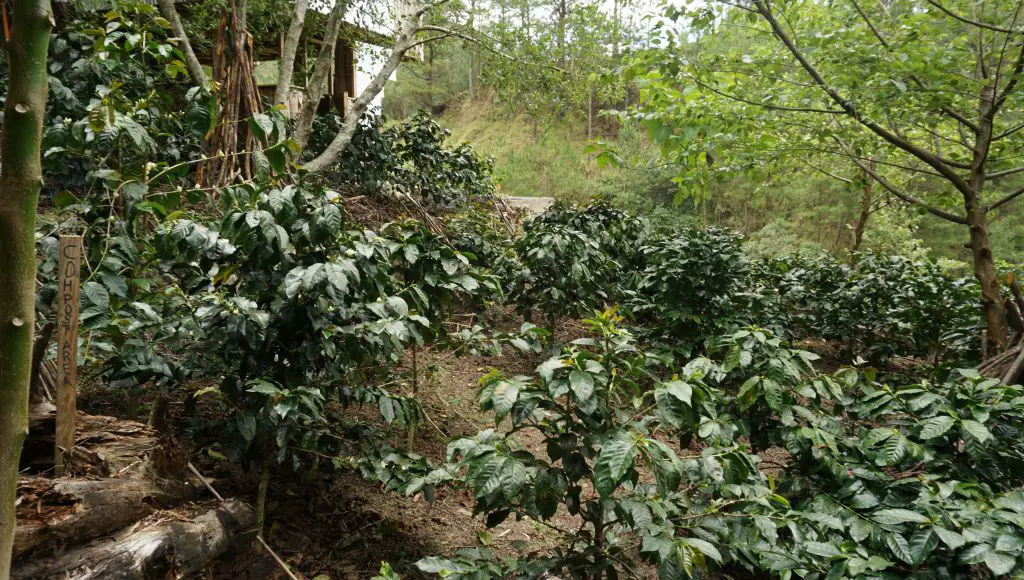
Fom Bontoc, the capital town of Mt. Province, I and my friend rode on a jeep bound to Poblacion, Sagada. Unfortunately, we missed the trip going to barangay Aguid where Ola Farm is located.
So, we decided to look for an accommodation and proceed to Aguid in the following day. At a stroke of luck, a mentor I had in Radyo Sagada agreed to let us stay in her mansion (winks).
At around 7 am during the next day, we started trekking to Aguid, following a paved and winding road. Sure, we could hop on a ride but we couldn’t wait for the scheduled trip in the afternoon. Anyways, our adventurous souls compelled us to just walk and enjoy the sceneries.
Along the way, we could see waterfalls, verdant pine forests, rice terraces, and small-scale coffee farms. Coffee is indeed a popular crop in Sagada and it seems most locals have their own trees on their backyards.
It took us around an hour and 20 minutes of continuous trekking to finally reach Aguid in northern Sagada.
We immediately proceeded to Ola Farm as I was earlier told by Ms. Rimando to see her there.
Like I’ve said, we’re familiar with the trail since we’ve been there once before. But of course, we still had to ask locals we met along the way. It’s also our way of building rapport with the community and getting to know them better.
The Man who Started it All!

The trail leading to Ola Farm is lined with coffee farms.
I remember the story of Ms. Rimando who told us that it’s her grandfather nicknamed Ola who introduced coffee farming under the pines in Aguid, Sagada. We met Ola during our first visit and got to hear some meaningful insights.
At first, the locals mocked Ola for his efforts saying that these are a waste of time. Despite the difficulties and hearsays, Ola continued with coffee farming, applying what he learned from various training and immersions.
It took some years before Ola slowly saw the fruits of his labor and eventually, Ms. Rimando who is his first granddaughter, joined him in planting more coffee.
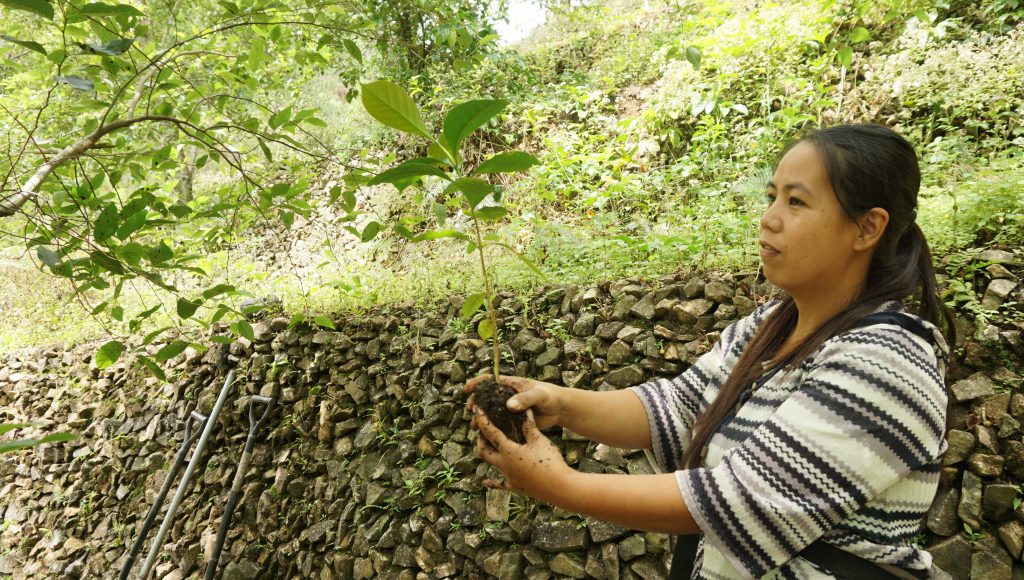
As Sagada’s coffee produce gradually hit mainstream attention, so did Ola Farm’s popularity. It has become a model for agroforestry vis-à-vis sustainable agriculture. More and more tourists and researchers also began frequenting the farm to learn their best practices.
Interestingly, some locals who used to criticize Lolo Ola joined suit in growing organic coffee on the mountainsides.
Since then, coffee production blossomed in Aguid, providing sustainable livelihood for the locals.
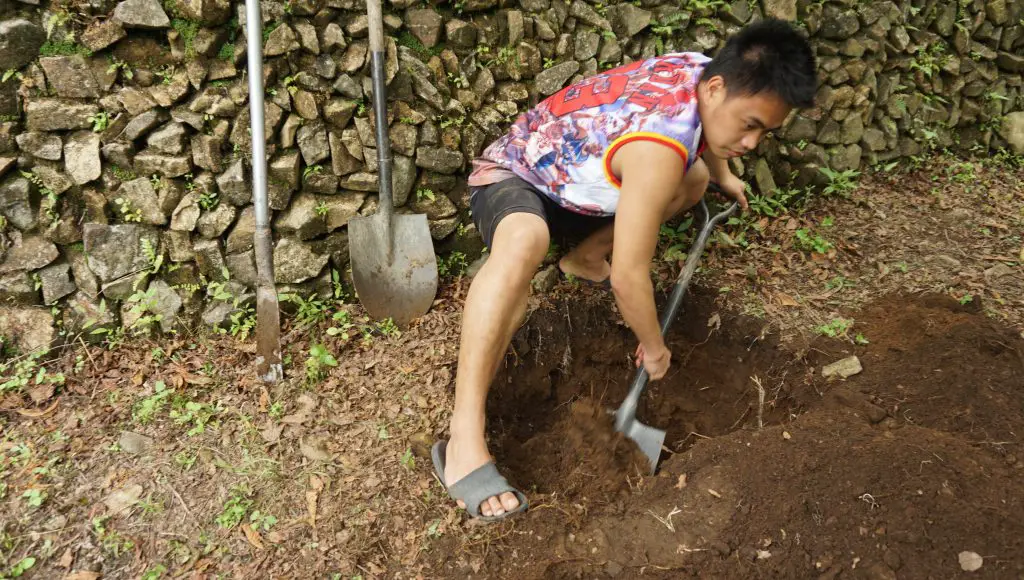
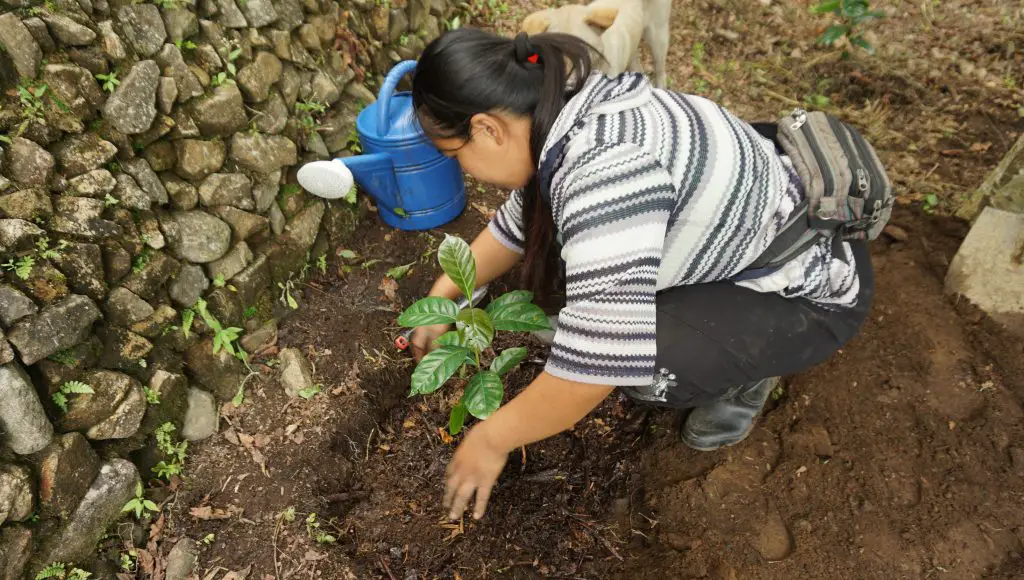
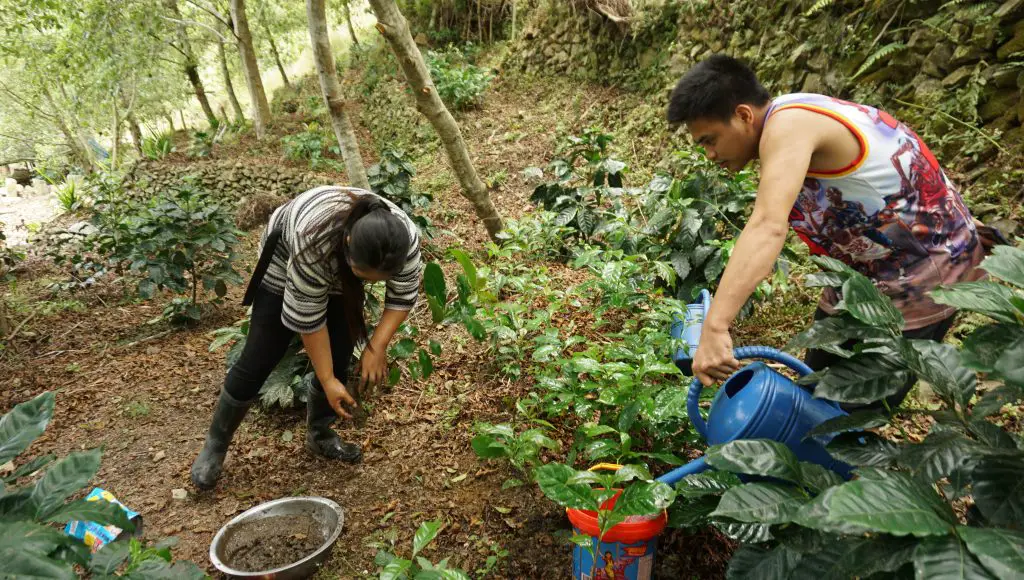
Advocating for Nature and Culture
Drawing inspiration from her grandfather Ola, Jennifer not only promotes organic coffee production but also forest conservation.
She shared that when some locals were trapping civet cats for their priced coffee pooping, her grandfather reprimanded them. He advised them to let the civet cats roam freely on the forest, recognizing their importance to biodiversity.
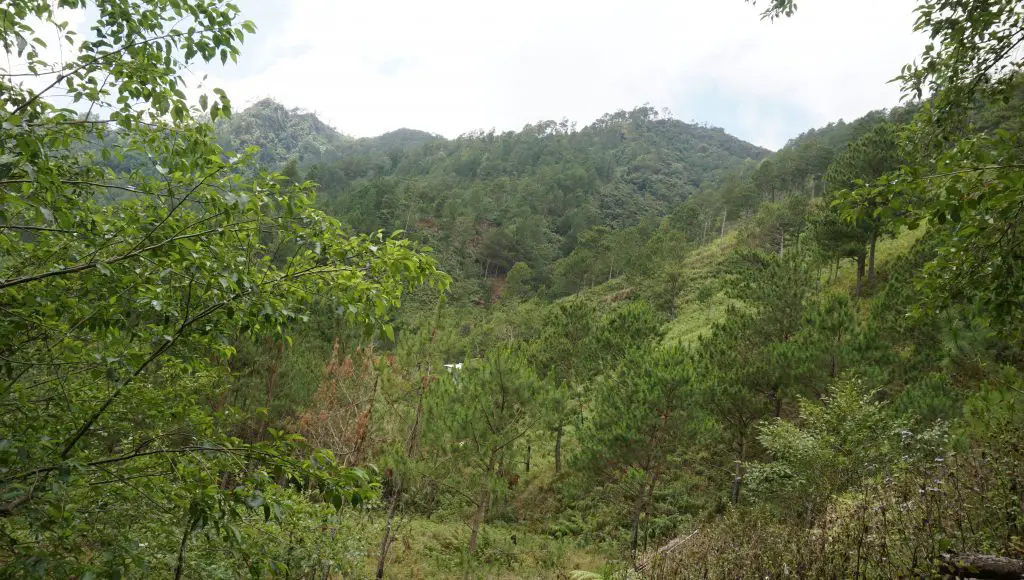
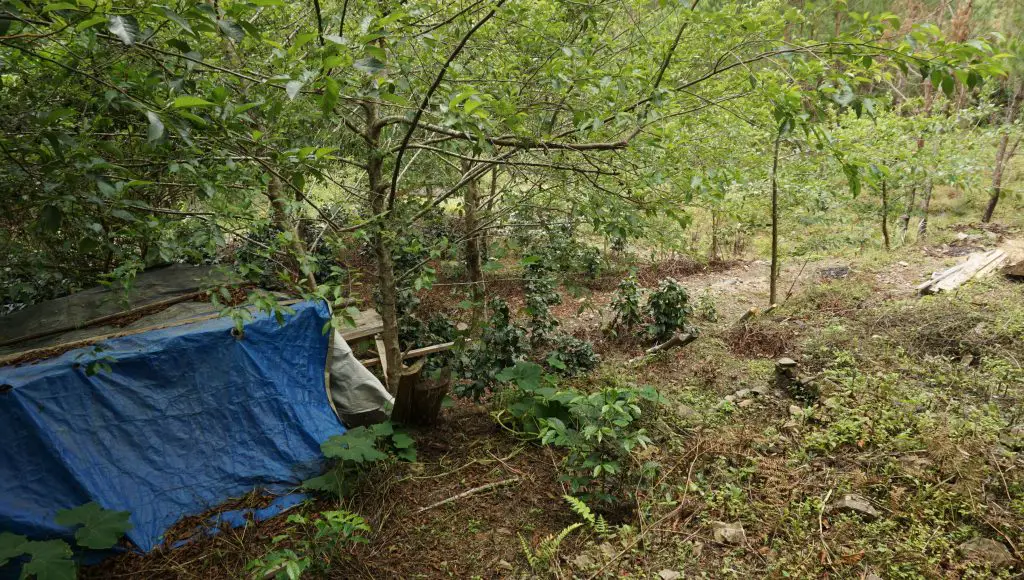
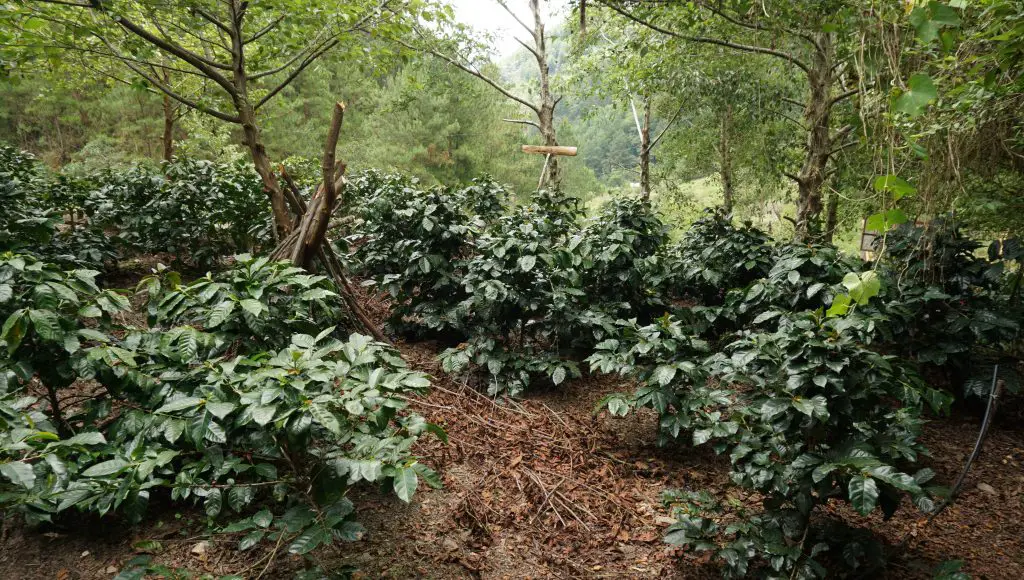
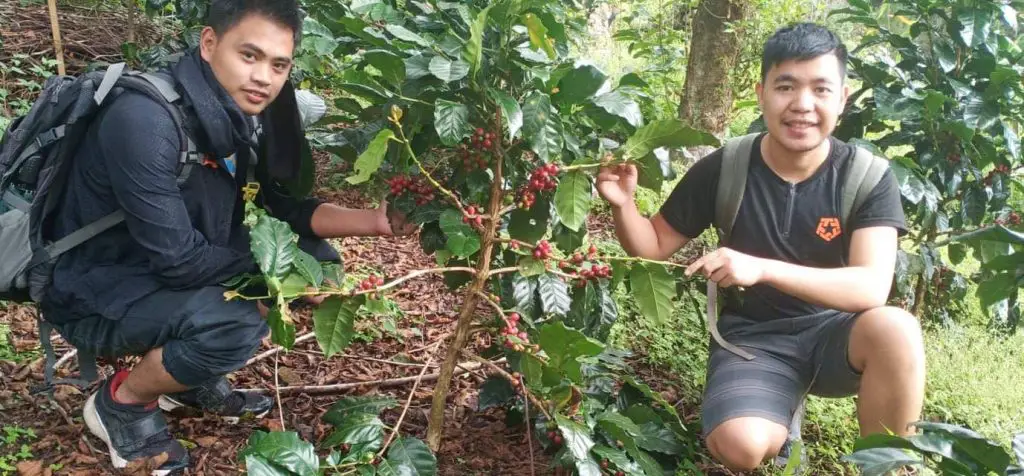
Jennifer adds that coffee farming is healthy for both people and the environment. It’s no wonder why Ola Farm has gained fame as an agroforestry hub.
Oh, we were more than lucky to experience what it’s like sipping coffee while viewing the lush coffee farms and the surrounding pine forests and steep mountains. It felt as if time’s standing still.
Not only did we savor the premium Sagada coffee but also relished the gifts of nature – the chirping birds, the waving trees, and the flowing streams.
Ola Farm is both an ecological and an agricultural paradise indeed!

